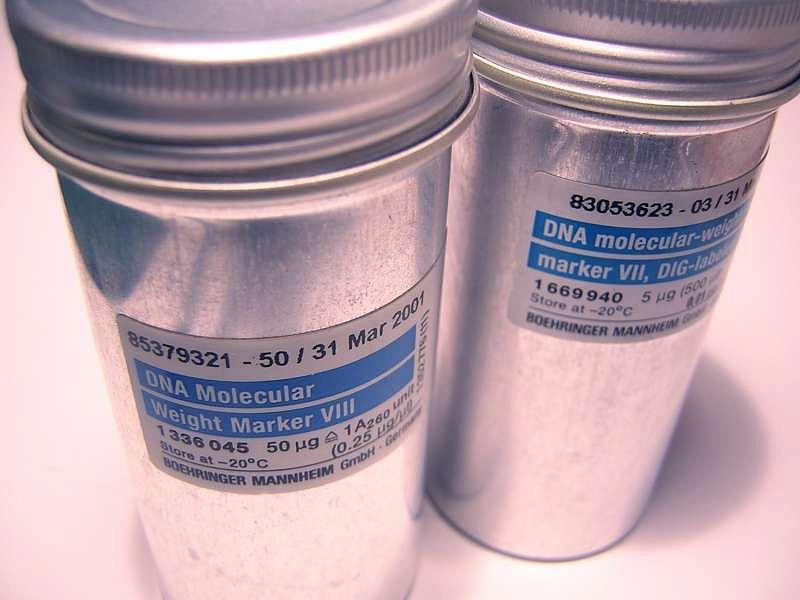Romanian, foreign doctors lead way to early detection with discovery of genetic mutations responsible for bile duct cancer



A mixed team of Romanian, US, Singapore and Thai scientists have discovered four genetic mutations involved in the occurrence of bile duct cancer or Cholangiocarcinoma, which could help doctors discover the disease in its incipient stages.
Further specific tests based on the recent discovery are now being developed.
The topic was recently covered in the scientific paper Nature.
The Romanian scientists from the Fundeni Institute made the discovery after ten years of research, which was conducted at the same time in Bucharest, Singapore and the US.
During this period, 273 patients were diagnosed, including 45 Romanians, and doctors analysed the malign tumours from a genetic angle.
There are hundreds of Romanians with this diagnosis, with a survival rate of an average of two years, said professor Irinel Popescu in a recent press conference.
He explained he discovered the mutations by comparing them with breast cancer.
“If in breast cancer, 10 percent of all cases is related to the changes in genes BRCA1 and BRCA2 and women with these mutations can choose mastectomy (e.n – surgical removal or one or both breasts), it is harder for the liver, because one cannot remove their liver,” the Romanian doctor explained.
The team will extend its research to identify mutant genes in pancreatic cancer, and a future collaboration with Singapore researchers will be supported by a grant obtained by the foreign doctors.
This discovery also leads the way to a Translational Medicine center for genetic research, which would unite all Romanian labs and researchers at home and abroad with a EUR 10 million investment, according to Popescu.
Translational medicine represents the conversion of scientific discovery into health improvement.
editor@romania-insider.com
(photo source: sxc.hu)